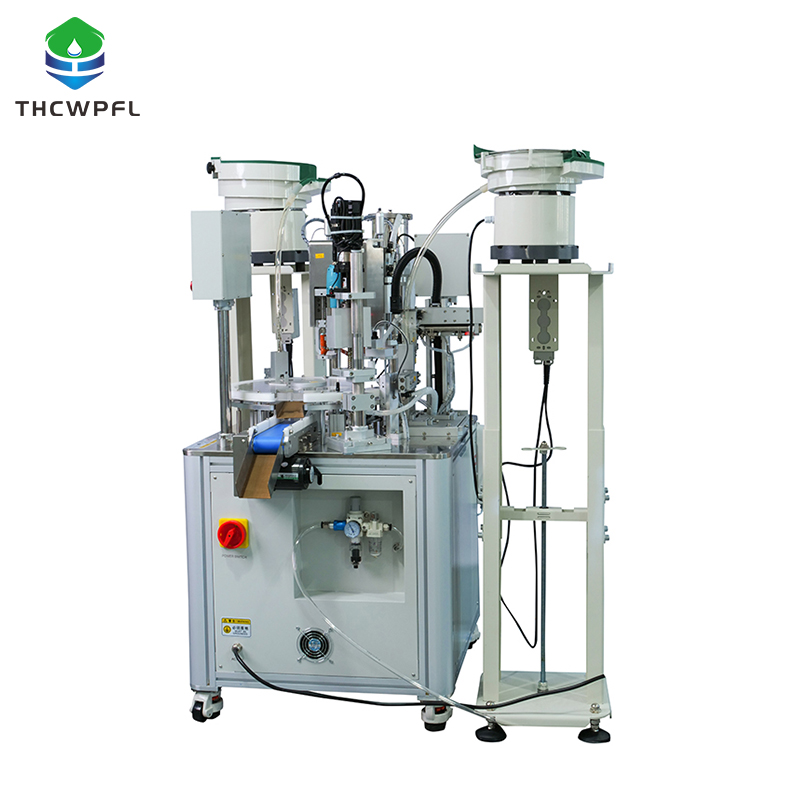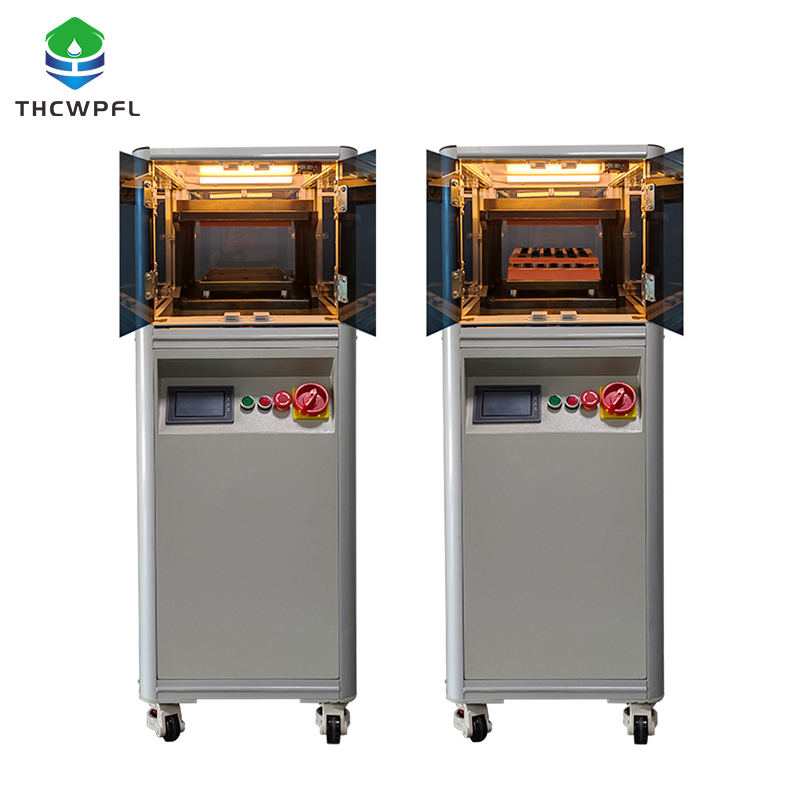Hemp-derived cannabinoid products appear to be everywhere. There are vape cartridges containing hemp-derived delta-8 tetrahydrocannabinol (THC) at smoke shops and hemp-derived delta-8 THC gummies at gas stations. Hemp-derived delta-9 THC beverages and products with other cannabinoids like delta-10 THC or THC-P are being sold direct to consumers over the internet. Many of these products advertise that they have a psychoactive effect and include warnings about operating motor vehicles or machinery while under the influence. Despite that, there are currently very few state or federal health and safety laws regulating these products’ production and sale. Not surprisingly, there has been a recent increase in efforts by state legislatures to adopt laws to regulate these products and, in some states, ban their sale altogether.
In Kentucky, in an initial effort to regulate delta-8 products, Governor Andy Beshear issued an executive order on November 15, 2022, directing the Cabinet for Health and Family Services to apply state packaging and labeling regulations developed for hemp-derived CBD to hemp-derived delta-8 THC products. Earlier this month, the Kentucky legislature passed HB 544, an act relating to the regulation of hemp-derived products. If it becomes law, this bill would go further than the 2022 executive order, imposing age restrictions on the purchase, possession, and use of delta-8 THC and other hemp-derived products determined by the regulators to have intoxicating effects on consumers. It would also require that such products meet health and safety testing standards and comply with packaging and labeling requirements to be established through emergency rulemaking. The Governor is expected to sign the bill into law. Delta 8 Vape Pens Filling Machine

Also this month, in Virginia, the legislature approved a bill imposing significant restrictions on the manufacture and sale of products with hemp-derived cannabinoids. The bill, which Governor Glenn Youngkin is expected to sign, requires any business manufacturing or selling hemp extract or food containing hemp extract be licensed by the state. It imposes fines of $10,000 per day for operating without a license, establishes packaging and labeling criteria, and limits the amount of THC that can be included in a hemp product or hemp extract to 0.3 percent and two milligrams per package.
There may also be changes in 2023 to federal law governing the manufacture and sale of products containing hemp-derived cannabinoids. Congress is set to reauthorize the Agriculture Improvement Act, commonly referred to as the Farm Bill, this year. In the last reauthorization of the Farm Bill in 2018, Congress expressly excluded “hemp” (defined as “[t]he plant species Cannabis sativa L. and any part of that plant, including the seeds thereof and all derivatives, extracts, cannabinoids, isomers, acids, salts, and salts of isomers, whether growing or not, with a total delta-9 tetrahydrocannabinol concentration of not more than 0.3 percent on a dry weight basis[]”) from the definition of “marihuana” in the federal Controlled Substances Act, thereby removing hemp from the list of controlled substances. Since that time, the Food and Drug Administration (FDA), citing health and safety concerns, has declined to promulgate rules for the production and sale of hemp-derived CBD products, or products containing intoxicating hemp-derived cannabinoids, intended for human consumption. Given the FDA’s failure to offer regulatory guidance and the growing popularity of products containing hemp-derived cannabinoids, many anticipate an increase in 2023 in state and federal regulation of hemp-derived cannabinoids. Anticipated changes would have a significant impact on companies manufacturing and selling hemp-derived products. It is critical that companies manufacturing and selling products with hemp-derived ingredients stay current on and comply with relevant changes to state and federal laws where their product is manufactured and sold.
Dentons Cannabis group is closely monitoring state and federal legislative and regulatory developments relevant to the production and sale of hemp products. Should you have any questions about these developments, or about hemp products generally, please contact the author, Hannah King, or a member of our team.
© 2023 Dentons. All rights reserved. Attorney Advertising. Dentons is a global legal practice providing client services worldwide through its member firms and affiliates. This website and its publications are not designed to provide legal or other advice and you should not take, or refrain from taking, action based on its content.
Unsolicited emails and other information sent to Dentons will not be considered confidential, may be disclosed to others, may not receive a response, and do not create a lawyer-client relationship. If you are not already a client of Dentons, please do not send us any confidential information.
You are switching to another language. Please click Confirm below to continue.
You will now be taken from the global Dentons website to the $redirectingsite website. To proceed, please click Accept.

Cbd Filling Machine Beijing Dacheng Law Offices, LLP ("大成") is an independent law firm, and not a member or affiliate of Dentons. 大成 is a partnership law firm organized under the laws of the People’s Republic of China, and is Dentons' Preferred Law Firm in China, with offices in more than 40 locations throughout China. Dentons Group (a Swiss Verein) ("Dentons") is a separate international law firm with members and affiliates in more than 160 locations around the world, including Hong Kong SAR, China. For more information, please see dacheng.com/legal-notices or dentons.com/legal-notices.